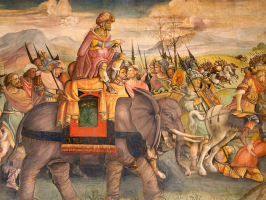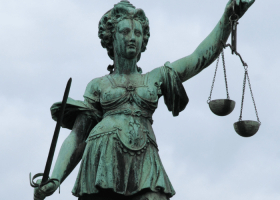Top 10 Curious Origins of Popular Idioms
Idioms are among the most fascinating and vibrant aspects of the human language, yet they are also among the most frustrating to linguists. The process of ... read more...precisely tracing the roots of many such phrases can be frustrating because they can be decades or even hundreds of years old. Having stated that, we will examine ten well-known idioms' intriguing beginnings, to the best of our knowledge.
-
First, the expression "to steal one's thunder" refers to depriving someone of admiration or attention by doing or saying in a way that was not intended by them. Even though the language is a little hazy, it's wonderful to end on an idiom with some degree of certainty—we know who originally said it and even when they uttered it.
This one was created during the start of the 18th century. John Dennis, an English essayist and critic, also aspired to write plays, however he lacked the necessary literary skills. He composed and produced a new play titled Appius and Virginia in 1709. The show quickly came to an end due to the apathetic audience response, but Dennis did get one thing right: a novel type of thunder machine.
A stagehand would shake a sheet of metal back then, a trick that is still employed in theater today, to simulate the rumbling sound of thunder. Although we don't know how John Dennis's concept worked, it was reportedly excellent enough to be stolen. He heard the unmistakable sound of his invention one evening while watching a performance of Macbeth at the same theater that had canceled Appius and Virginia. He then jumped up from his chair and yelled: "By God, that's my thunder! Although they won't perform my play, the villains steal my thunder.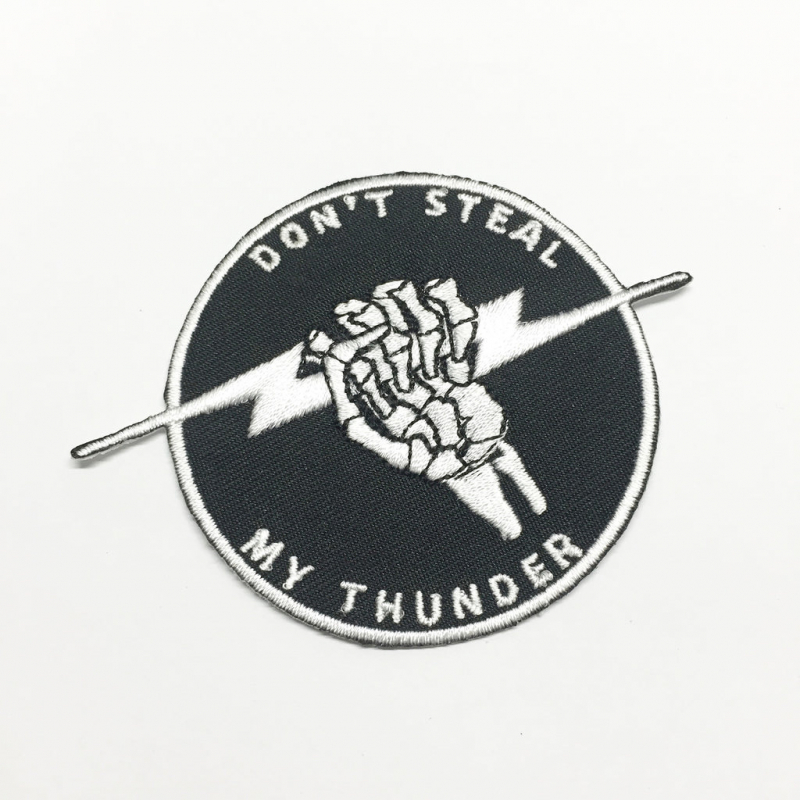
https://metado.pe/ 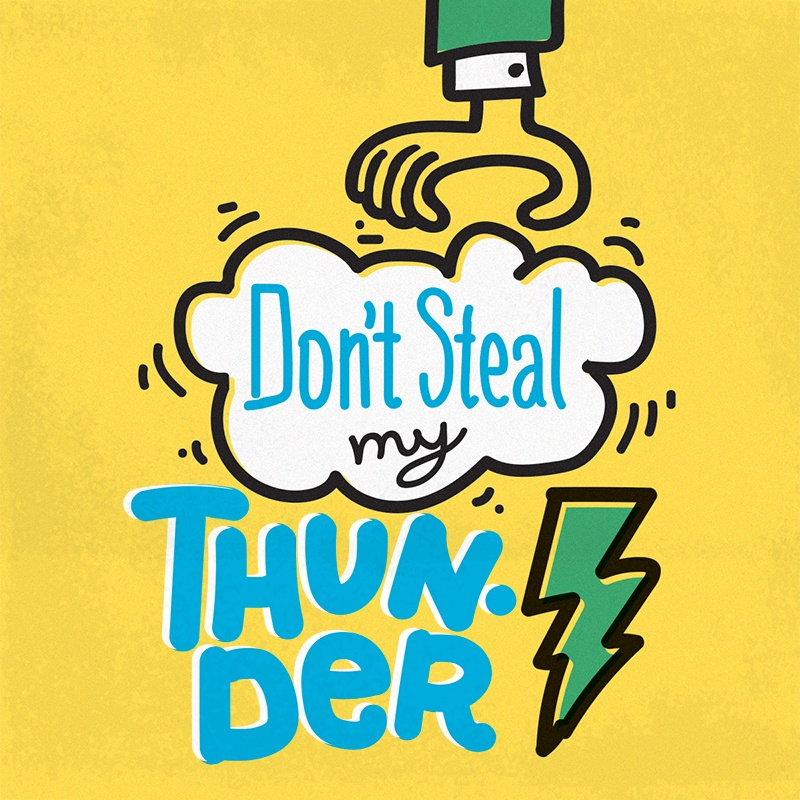
https://www.skillshare.com/ -
"Our Sovereign Lord the King commands and charges all those present to peacefully disperse and return to their homes or places of legitimate business in accordance with the provisions of the act passed in the first year of King George to prevent riots and tumultuous gatherings. God Save the King"
You were just given the riot act. The part of the Riot Act of 1715 that had to be read aloud before giving people a grace period of 60 minutes to disperse was the actual Riot Act of 1715. If they didn't, they would be charged with a felony and taken into custody.
Today, to "read someone the riot act" is to admonish or chastise them appropriately, but back then, the crime might have resulted in the death penalty. Because George I was the first English king descended from the House of Hanover, if this seems a little harsh, that's because it is. Many people still supported the previous dynasty, the House of Stuart, and several violent riots had already broken out before George's crowning. The Riot Act forbade people from congregating in groups of 12 or more in an effort to put a stop to such brutal outbreaks.

https://www.quickanddirtytips.com/ 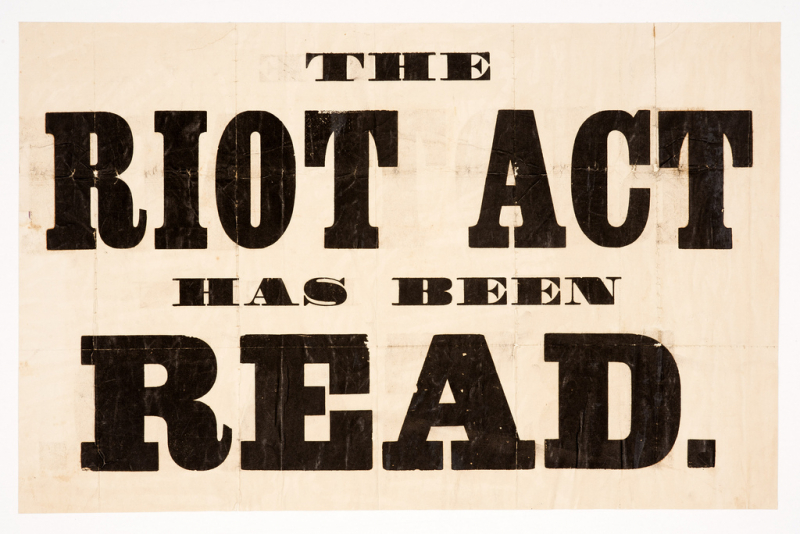
http://www.burkemeadlawyers.com.au/ -
Nowadays, the term "snake oil salesperson" alludes to a shady fraudster who is pushing some type of bogus treatment, thus you would normally want to avoid them. However, in the past, this wasn't always the case. Although snake oil was a genuinely effective treatment, one individual destroyed it for everyone and permanently altered the meaning of the term. The "Rattlesnake King," Clark Stanley, was that person.
There have been traditional medicines made from snake parts for thousands of years. In this instance, the term "snake oil" refers to an ointment made in the United States in the 19th century by thousands of Chinese immigrants using the oil from their water snakes. This particular brand of snake oil was genuine. Even contemporary studies came to the conclusion that it had therapeutic effects since it functioned as an anti-inflammatory agent in the treatment of bursitis and arthritis. However, as soon as the product gained popularity, a variety of people began selling it. At the time, there was little to no regulation, so these individuals were free to put pretty much anything they pleased in the bottles they sold.
After the Pure Food and Drug Act of 1906, which aimed to restrict the use of patent medications, was passed, this changed. Ten years later, after much delay, they finally got around to discussing snake oil. They used Clark Stanley's Snake Oil Liniment, one of the most well-known snake oils available.
Due to the scarcity of Chinese water snakes in Texas, Stanley preferred to refer to himself as the "Rattlesnake King" and employed rattlesnakes for his product. That is what he said, at least, but when the authorities examined his product, they discovered that it was primarily made of mineral oil, blended with a little fatty oil and additives. There wasn't even a trace of snake oil. Clark Stanley was given the harsh punishment of a $20 fine for his fraud, but he also gave us the term "snake oil" that we still use today and shattered trust in the industry.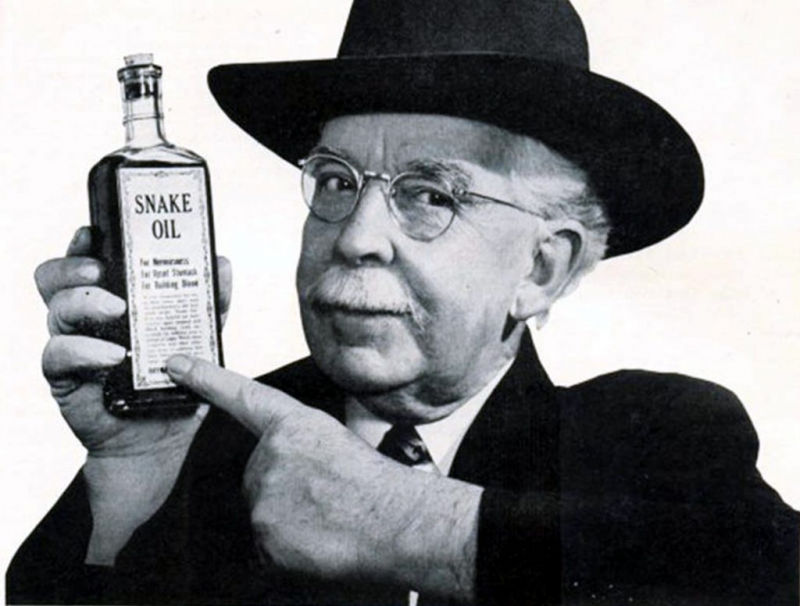
https://first10em.com 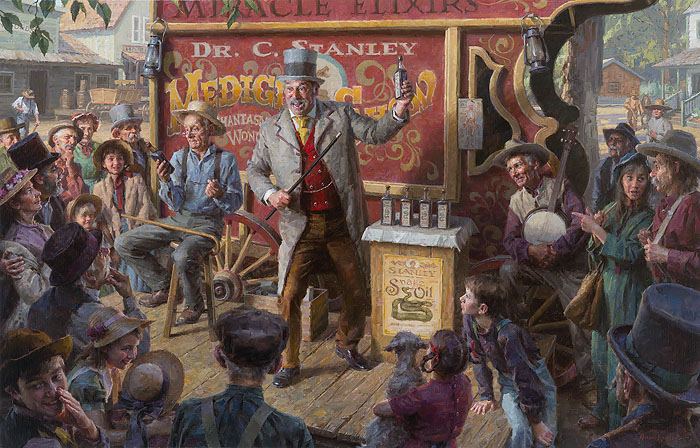
http://www.thevintagenews.com -
You turn left at the first intersection, continue straight until the next one, then turn right, and Bob's your uncle! You are now where you were going. "Bob's your uncle" serves in this instance as a sort of interjection that indicates how simple a task should be, like saying "piece of cake," but it does bring up one crucial question: Who the hell is Bob?
But given that there are a number of genesis theories for his specific idiom, the question is not so simple to answer. The story of blatant political nepotism that claims Bob was none other than Robert Gascoyne-Cecil, 3rd Marquess of Salisbury, Prime Minister of the United Kingdom at the end of the 19th century, is by far the most widely circulated. The phrase is purportedly in reference to his nephew Arthur Balfour, who he nominated to a number of positions for which he lacked the necessary qualifications, including Chief Secretary for Ireland. Balfour's detractors frequently asserted that his entire political career was due to dear old Uncle Bob.
This makes sense, yet the expression doesn't show up in literature until decades later. The first recorded instance, according to legend, was in a Scottish newspaper in 1924 on the program for the musical revue Bob's Your Uncle. Then, in a song performed by music hall performer Florrie Forde in the early 1930s, we have a definitive appearance. However, in both instances, we have to assume that the expression was already in widespread use and that they didn't just make it up, so the exact origins of his idiom are still unknown.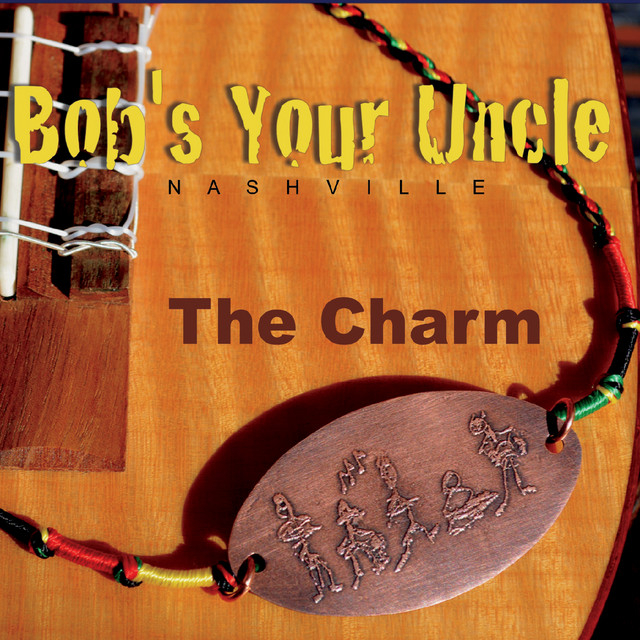
https://open.spotify.com 
https://www.teepublic.com/ -
Every time a group of people takes a car ride, they are all aware that the front passenger seat is the best one. The vista, the music, and not having to drive while paying attention gives you the best of both worlds. As a result, it is an unwritten rule of the road that those who wish to sit in the front passenger seat may "call shotgun," and those who are successful in doing so are said to "ride shotgun."
When stagecoaches had to forge the frontiers and frequently met with outlaws, Native Americans, and even wild animals, riding shotgun evokes the Wild West. As a result, the job title "shotgun messenger" was created, designating a guard to ride alongside the driver while carrying, you guessed it, a shotgun.
Although the custom was undoubtedly in use in the Wild West, it is still unclear whether the term "riding shotgun" was truly used at the time. The Sunset Trail, a 1905 novel, contains the idiom's earliest known printed instance. However, the phrase became widely used in early Hollywood westerns and was inextricably associated to the Old West.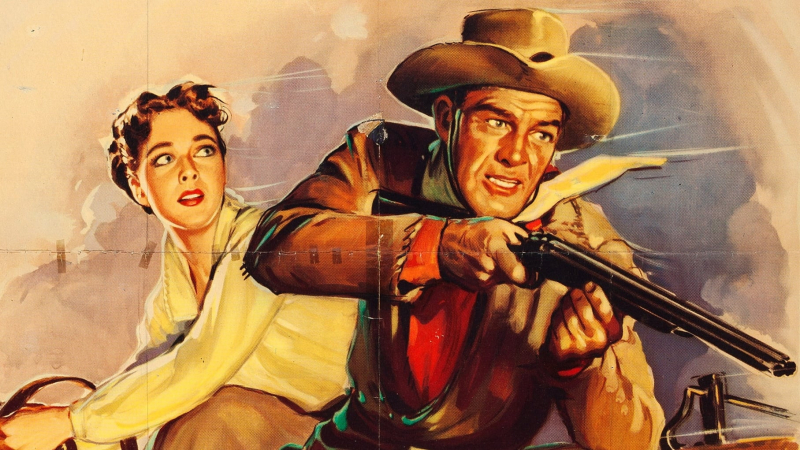
https://www.themoviedb.org/ 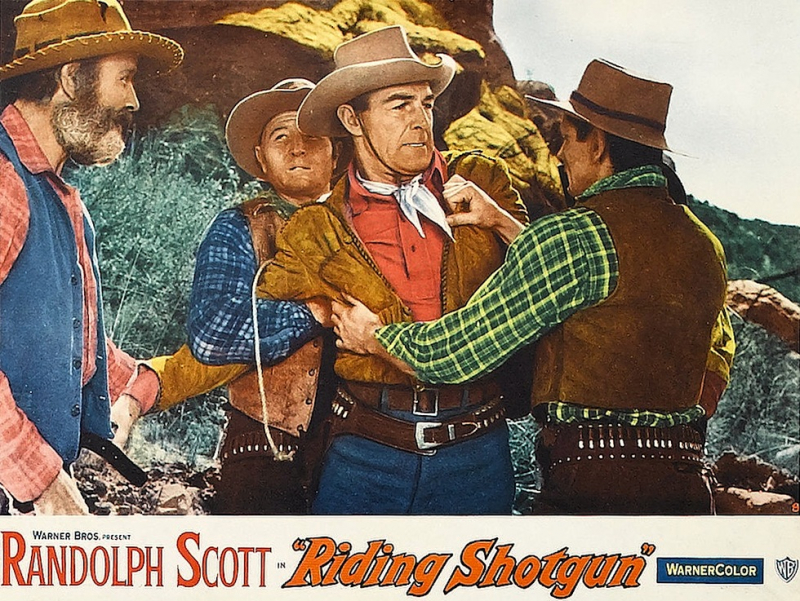
http://laurasmiscmusings.blogspot.com -
A "white elephant" is a term used to describe a weighty possession that causes more trouble than it is worth, is frequently very expensive to maintain. Another idiom whose precise antecedents are obscure is this one. Around the middle of the 19th century, it first appeared in English print, but the term is thought to have come from Siam, now Thailand, where it was used in a very literal sense.
Kings kept white elephants at their courts because they were a rare and sacred animal that stood for peace and prosperity. As a result, it was extremely valuable, but as you might expect, maintaining one required a lot of time and money. If you were the king, it wouldn't be an issue; just ask your attendants to handle it. However, if you were someone else, possessing a real white elephant may have put you in financial ruin. Although there is no concrete evidence to support this, it is said that certain Siamese kings gave white elephants to people they disliked on purpose in order to impoverish them.
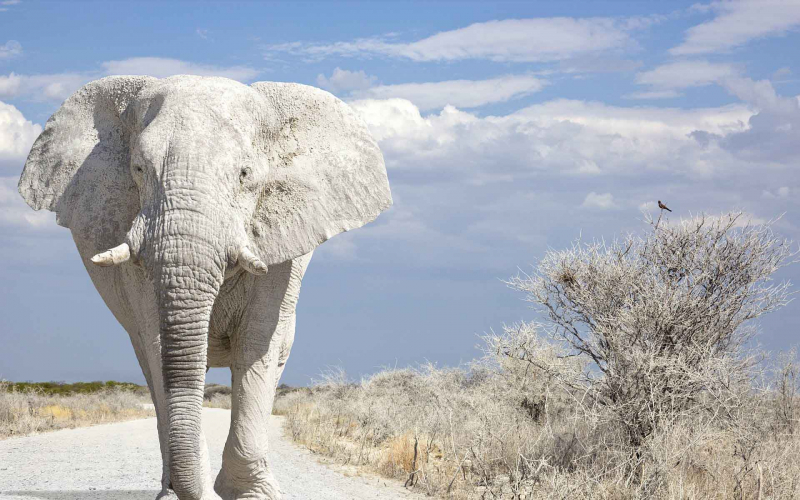
https://wallpapersafari.com/ 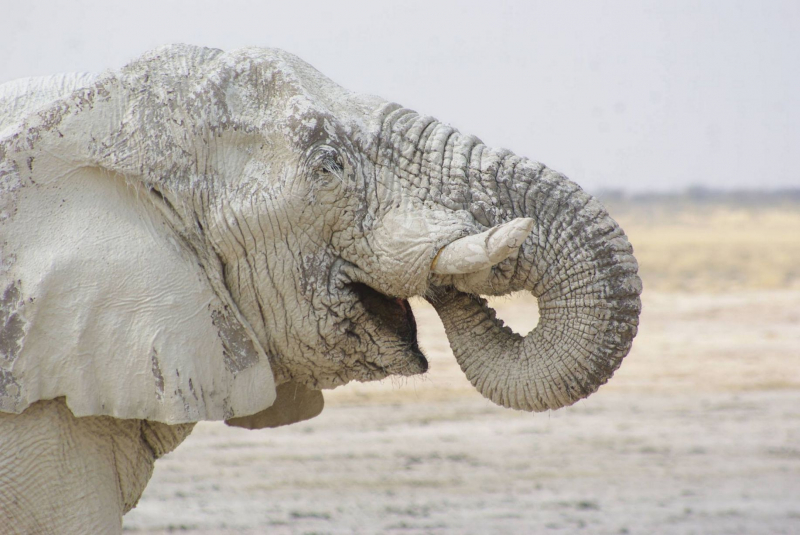
https://www.mirror.co.uk/ -
Someone can say, "close, but no cigar" if you get near to accomplishing something but fall just short of your ultimate objective. The origins of this idiom are not proven by any concrete evidence. The Long Island Daily Press published the story in 1929, making it the first recorded print occurrence. The majority of individuals, however, think that the expression predates that and that it originated from American carnival games in the late 19th and early 20th centuries.
Since most of these games were created for adults back then rather than kids, winning a cheap plush animal definitely wouldn't pique their attention. As a result, adult incentives were available, with cigars being one of the most popular ones. The phrase "close, but no cigar" was used to console players who lost those games because they were frequently on the point of winning before failing, and it also served as motivation for them to pay and try their luck again.
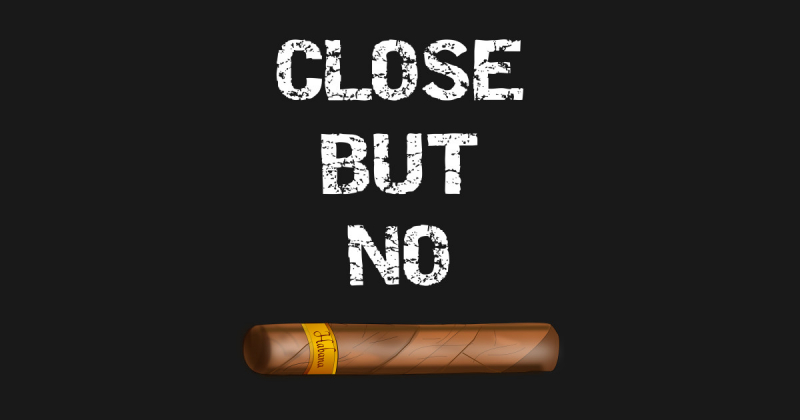
https://www.teepublic.com/ 
https://180recover.com -
You might refer to someone as a "Peeping Tom" if he has a tendency to peep at sexy things he isn't supposed to see. But who was this Tom in the first place, and what did he witness that made him the go-to degenerate for all time?
The phrase is derived from the story of Lady Godiva's bare-chested riding. Godiva was the wife of Leofric, Earl of Mercia, an Anglo-Saxon nobleman who lived in the eleventh century. Leofric said he would do it if Godiva rode around the town naked after pleading with him to lower the taxes on the poor people of Coventry. His wife concurred, and as she rode naked through the town, everyone avoided looking at her out of respect for Godiva. Everyone but pervy old Tom, of course, who couldn't resist casting a few fleeting glances. He became known as Peeping Tom after that.
It's probably important to point out that, other from Godiva and Leofric, everything else is just a story that has grown through the years. The story didn't even mention Peeping Tom until hundreds of years later. Although we have no knowledge of whether the ride ever actually took place, it is highly unlikely that Peeping Tom was a real person.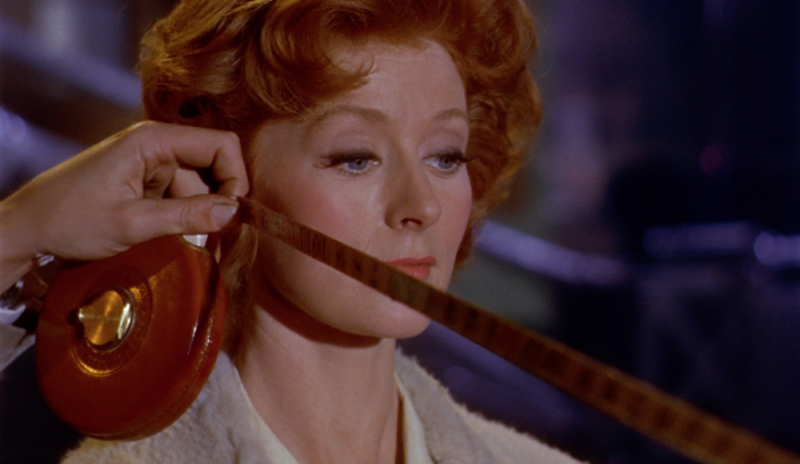
http://www.offscreen.be/ 
https://fanart.tv/artist/ -
In comparison to the other expressions in this list, "jumping the shark" is significantly more recent. All television shows also wish to avoid going through that. It refers to a turning point in the show that is followed by a glaring drop in quality. It is typically identified by some sort of absurd or out-of-character event that the audience interprets as a last-ditch effort to reinvigorate the series. Famous instances include the addition of Cousin Oliver to The Brady Bunch, Dallas' revelation that Bobby Ewing's death was only a dream, and The X-Files' attempt to replace Mulder with two new agents.
Naturally, there is also the initial moment—the one where the subject really jumped over a shark—to be considered. The Fonz water-skied off a ramp and dove the shark in a 1977 episode of Happy Days while donning his recognizable black leather jacket. The phrase was first used in 1985 by radio host Jon Hein, and with that, TV history was made—though perhaps not always for the better.

https://www.huffingtonpost.com 
http://chiefsplanet.com/ -
To "bury the hatchet" is to put an end to a dispute and reestablish a friendship. It is a saying that has been used for many years; the earliest recorded instances in literature date from the middle of the eighteenth century. It alludes to an even older practice of some Native American tribes, who would figuratively bury their weapons after a fight to symbolize their return to peace.
Since the majority of Native American history was passed down orally, it is impossible to determine the actual age of the practice or expression. The Iroquois Confederacy was created when the Five Nations, which included the Mohawk, Onondaga, Oneida, Cayuga, and Seneca, agreed to the Great Law of Peace, according to an old tradition. The story goes that the chiefs of the tribes gathered their weapons and buried their hatchets, thus bringing peace, under the roots of a great white pine tree.
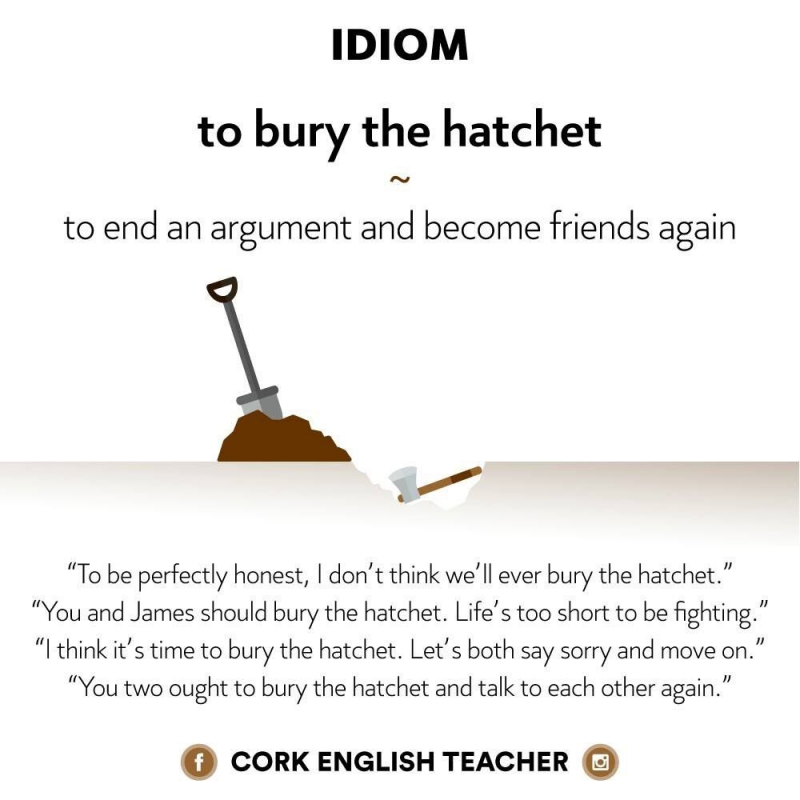
https://www.pinterest.com/ 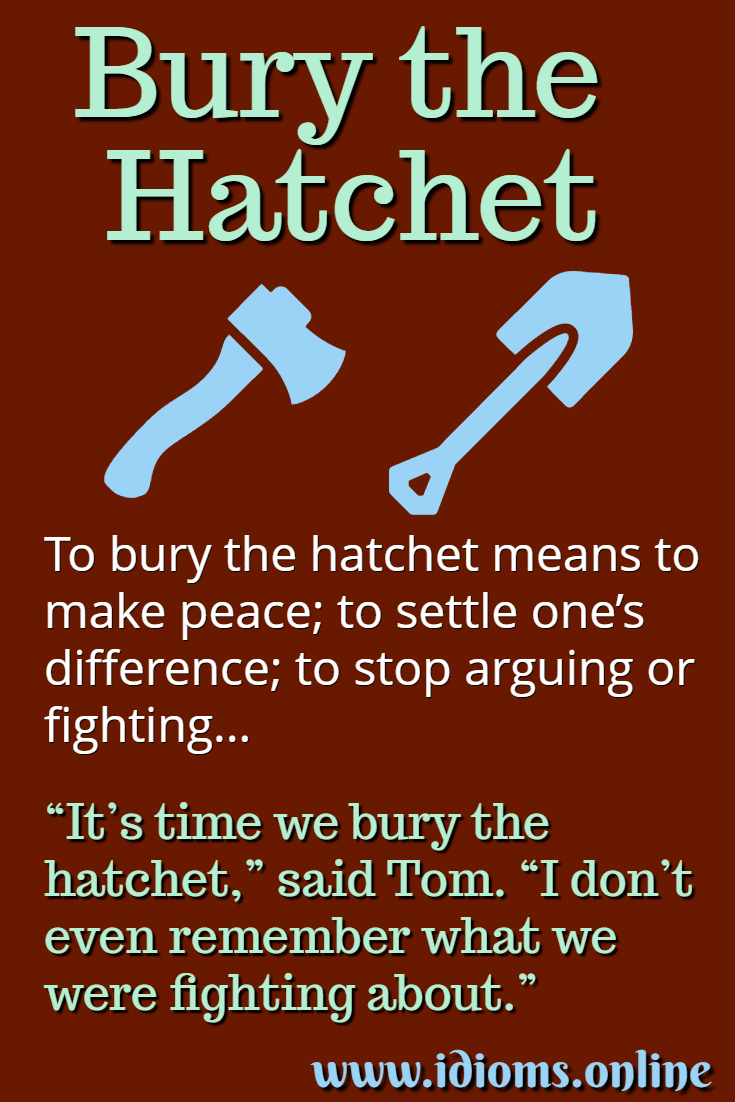
https://www.idioms.online/













